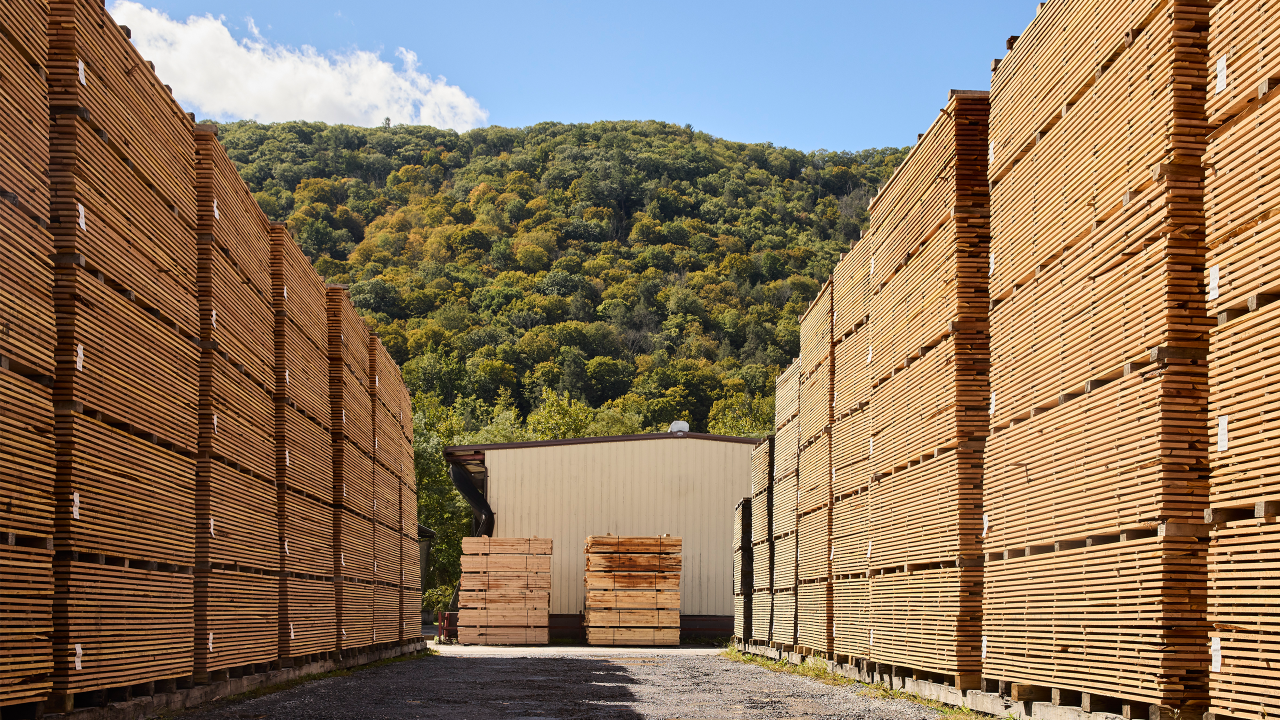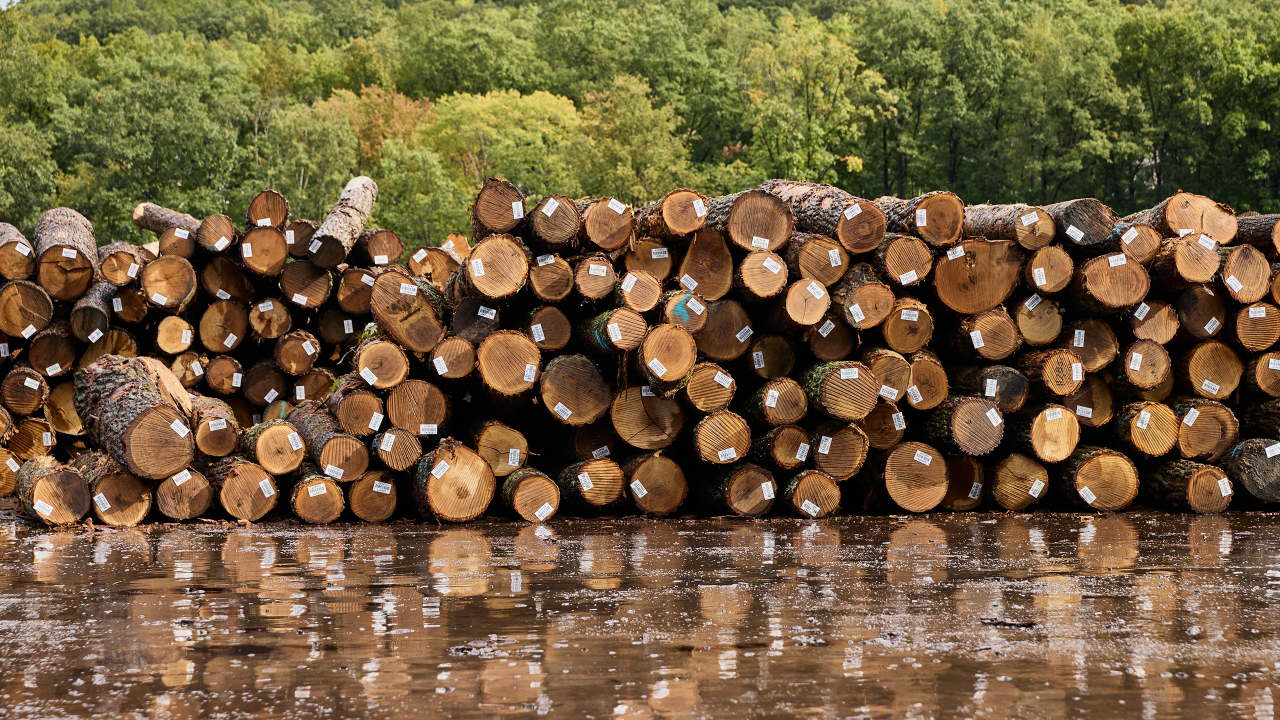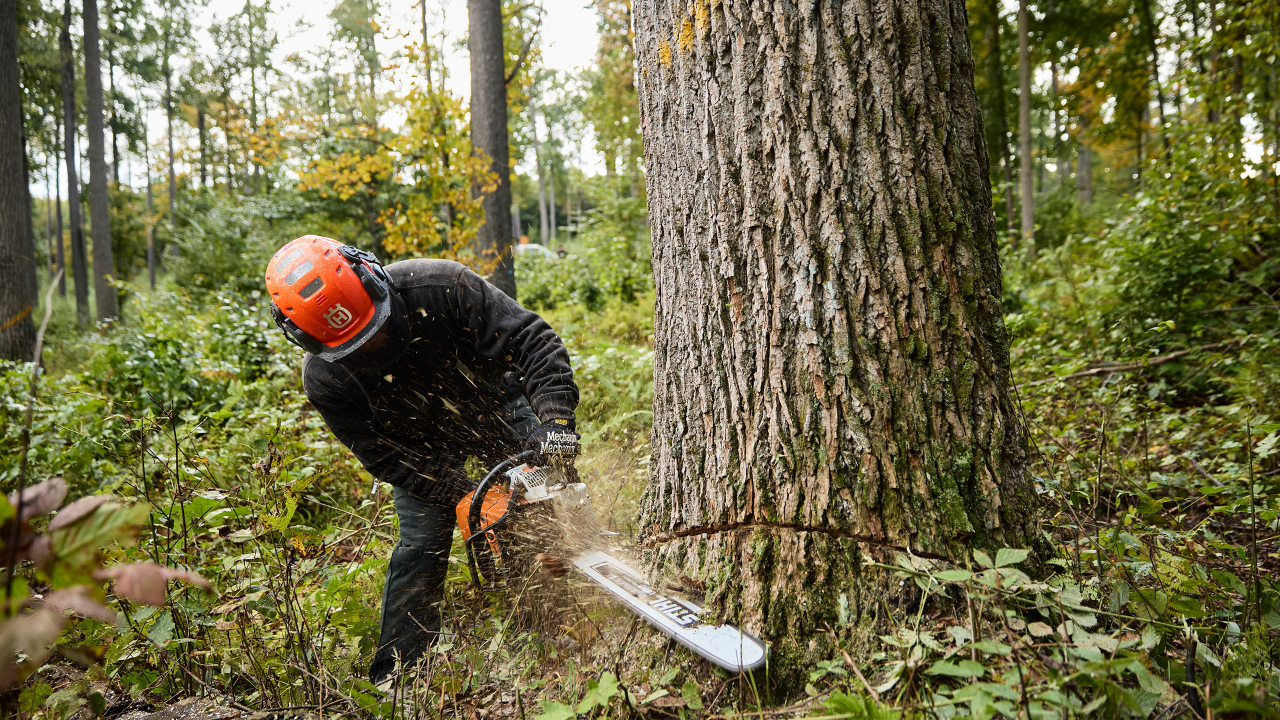A key priority for AHEC is ensuring that neither the value nor the reputation of legally harvested American hardwood is undermined in world markets by competing products from illicit sources. We support legislation prohibiting trade in illegally harvested timber and provide tools to demonstrate negligible risk of any U.S. hardwood being derived from an illegal source.
INDEPENDENT STUDIES
The Assessment of Lawful Harvesting & Sustainability of U.S. Hardwood Exports commissioned by AHEC from Seneca Creek Associates compiles detailed information on the scope, effectiveness and enforcement of federal, state, and local regulatory programs in U.S. hardwood producing states
The Seneca Creek study shows that there is less than a 1% risk of any illegal wood entering the U.S. hardwood supply chain. This is due to the combined effects of clear and fully enforced property rights, multi-generational family forest ownership, respect for the rule of law, and a strong civil society. AHEC commissioned a review of the Seneca Creek study in 2016 to ensure the conclusions remain relevant and up-to-date.
LEGISLATION
AHEC was a leading supporter, through membership of the U.S. Hardwood Federation, of the U.S. Lacey Act Amendment of May 2008. This makes it an offence within the U.S. to possess any plant (excluding agricultural crops but including wood and derivative products) "taken, possessed, transported, or sold" in violation of any relevant foreign or state law.
AHEC was closely involved with, and fully supported, the efforts by the European Union to enforce the EU Timber Regulation (EUTR) between March 2013 and May 2023. This regulation imposed mandatory requirements on companies that “first place” forest products on the EU market to implement a “due diligence system” to assess and mitigate the risk of illegal wood entering the supply chain. Similar laws are now being enforced in Australia, Canada, Indonesia, Japan, Malaysia, New Zealand, South Korea, the UK, and Vietnam.
AHEC is also strongly supportive of the objectives of the EU Regulation for Deforestation-free Products – the so-called EUDR - which entered into EU law and replaced the EUTR in June 2023. In addition to removing illegal wood from EU trade, this law removes products resulting from deforestation and forest degradation. Both the Seneca Creek study and the U.S. Forest Service Forest Inventory & Analysis Program demonstrates that forest growth exceeds harvest in all hardwood regions and that the amount of forest land is stable.
AHEC is closely involved in developing guidance for implementation of EUDR, a process which is on-going until December 2024 when the regulation will be fully enforced. AHEC is working on innovative solutions to overcome the technical challenges of EUDR compliance for wood sourced mainly from smallholders, particularly to provide geolocation data of harvest sites with each individual consignment placed on the EU market.
TOOLS
To help buyers of U.S. hardwood to comply with the EUDR and similar laws, AHEC has developed an online system to allow U.S. hardwood exporters to create an American Hardwood Environmental Profile (AHEP) with every individual consignment of product delivered to any market in the world.
Each AHEP provides, for every consignment, access to information on the name of the U.S. supplier, product description, quantity of wood, commercial and scientific species name, place of harvest, and documents demonstrating negligible risk of illegal harvest alongside other environmental impact data.
AHEC will continue to develop the AHEP system to ensure that, as far as possible, it aligns with the information requirements of the EUDR and similar legislation in other export markets. While these laws place the due diligence obligation firmly on the importer, AHEC will also prepare Members Guidance on these laws to ensure that U.S. hardwood exporters are fully briefed on the legal obligations and therefore better able to assist their overseas customers.


